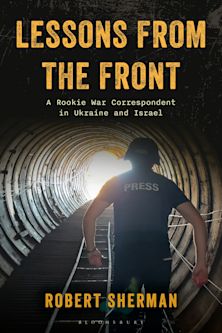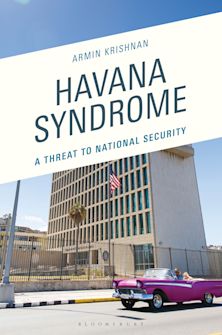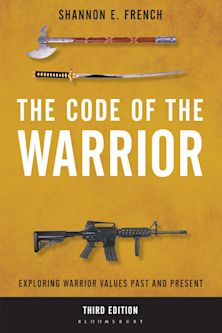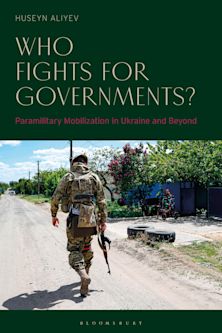Gender, Conflict, and Peacekeeping
Description
Peacekeeping has become a major international undertaking throughout the world, from Africa to the Americas, from Europe to Southeast Asia. Yet until now, there has been no systematic analysis of the key role of gender in post-cold war conflicts and of post-conflict peacekeeping efforts. This groundbreaking volume explores how gender has become a central factor in shaping current thinking about the causes and consequences of armed conflict, complex emergencies, and reconstruction. Drawing on expertise ranging from the highest levels of international policymaking down to the daily struggle to implement peacekeeping operations, this work represents the full span of knowledge and experience about international intervention in local crises. Presenting a rich array of examples from Angola, Bosnia Herzegovina, East Timor, El Salvador, the former Yugoslavia, Guatemala, Haiti, Kosovo, Liberia, Mozambique, Namibia, Rwanda, and Serbia, the authors offer important insights for future peacekeeping and humanitarian missions.
Table of Contents
Part 2 Gender, Complex Political Emergencies, and International Intervention
Chapter 3 Gender and the Causes and Consequences of Armed Conflict
Chapter 4 Gender Mainstreaming in United Nations Peacekeeping Operations: Talking the Talk, Tripping over the Walk
Part 5 Gender, Peacekeeping, and International Humanitarian, Criminal, and Human Rights Law
Chapter 6 Prosecution of Gender-based Crimes in International Law
Chapter 7 The Renewed Popularity of the Rule of Law: Implications for Women, Impunity, and Peacekeeping
Part 8 Inside Peacekeeping Operations
Chapter 9 Peacekeeping Trends and Their Gender Implications for Regional Peacekeeping Forces in Africa: Progress and Challenges
Chapter 10 Gender, War, and Peace in Mozambique and Angola: Advances and Absences
Chapter 11 Peacekeeping, Alphabet Soup, and Violence Against Women in the Balkans
Chapter 12 The Namibian Peace Operation in a Gender Context
Part 13 Peacekeeping Operations, International Intervention and Gender-Just Peacemaking and Peacebuilding
Chapter 14 The Post-Conflict Postscript: Gender and Policing in Peace Operations
Chapter 15 The Guatemalan Peace Accords: Critical Reflections
Chapter 16 Les Femmes Aux Milles Bras: Building Peace in Rwanda
Chapter 17 State-making, Peacemaking, and the Inscription of Gendered Politics into Peace: Lessons from Angola
Chapter 18 Mainstreaming Gender in United Nations Peacekeeping Training: Examples from East Timor, Ethiopia, and Eritrea
Chapter 19 What if Patriarchy is The Big Picture? An Afterword
Product details
| Published | Feb 17 2005 |
|---|---|
| Format | Ebook (Epub & Mobi) |
| Edition | 1st |
| Extent | 320 |
| ISBN | 9780742581326 |
| Imprint | Rowman & Littlefield |
| Series | War and Peace Library |
| Publisher | Bloomsbury Publishing |
Reviews

ONLINE RESOURCES
Bloomsbury Collections
This book is available on Bloomsbury Collections where your library has access.



































